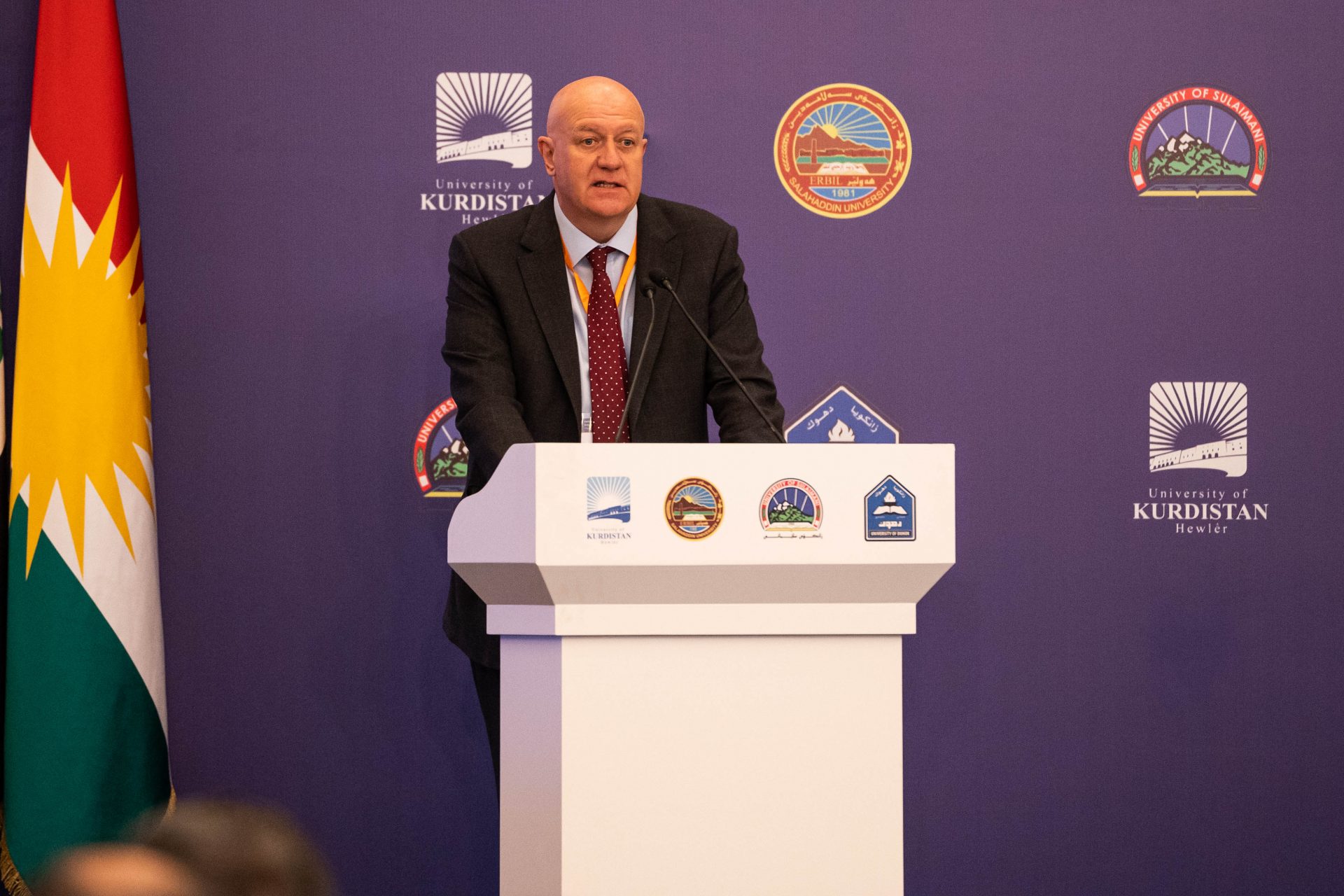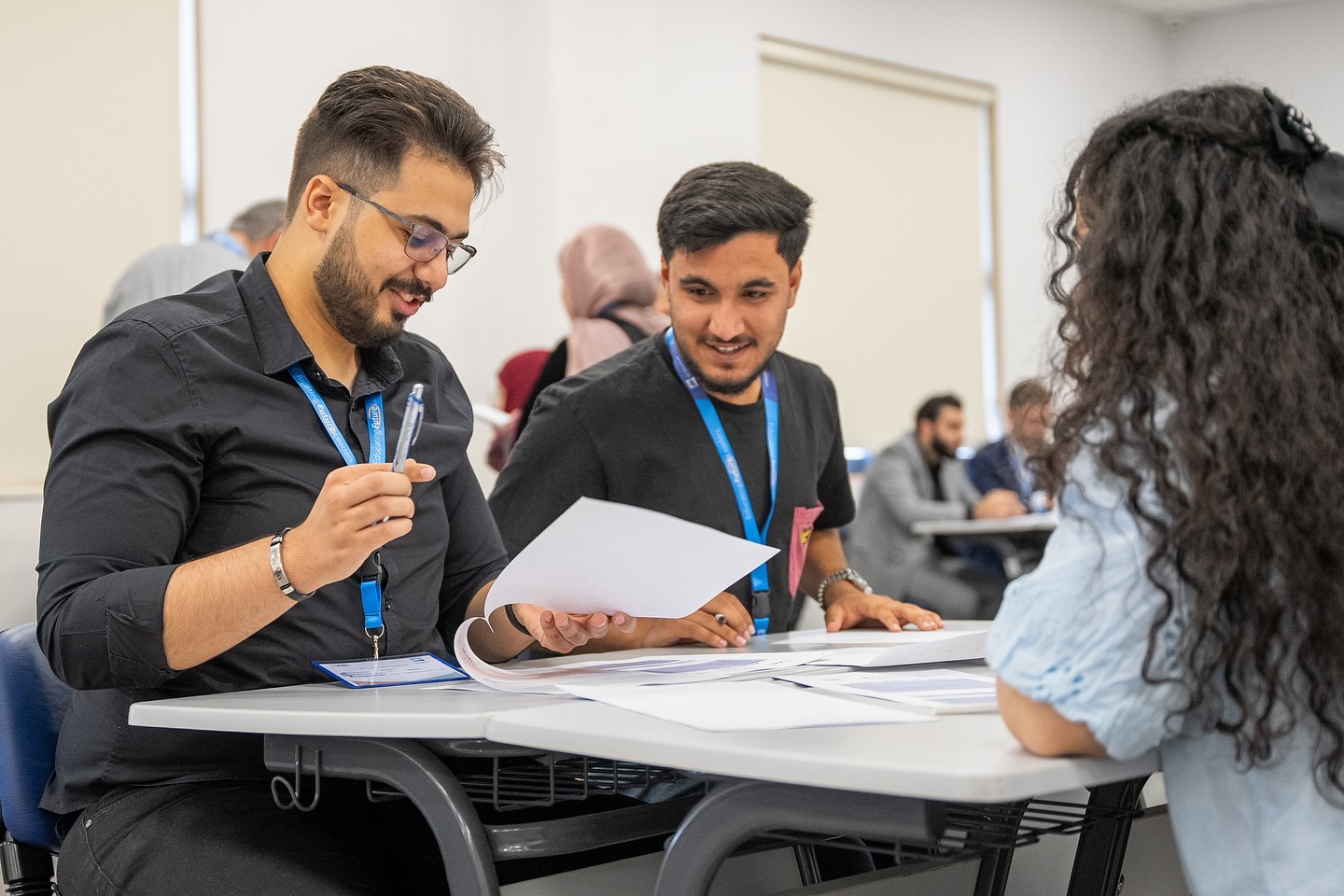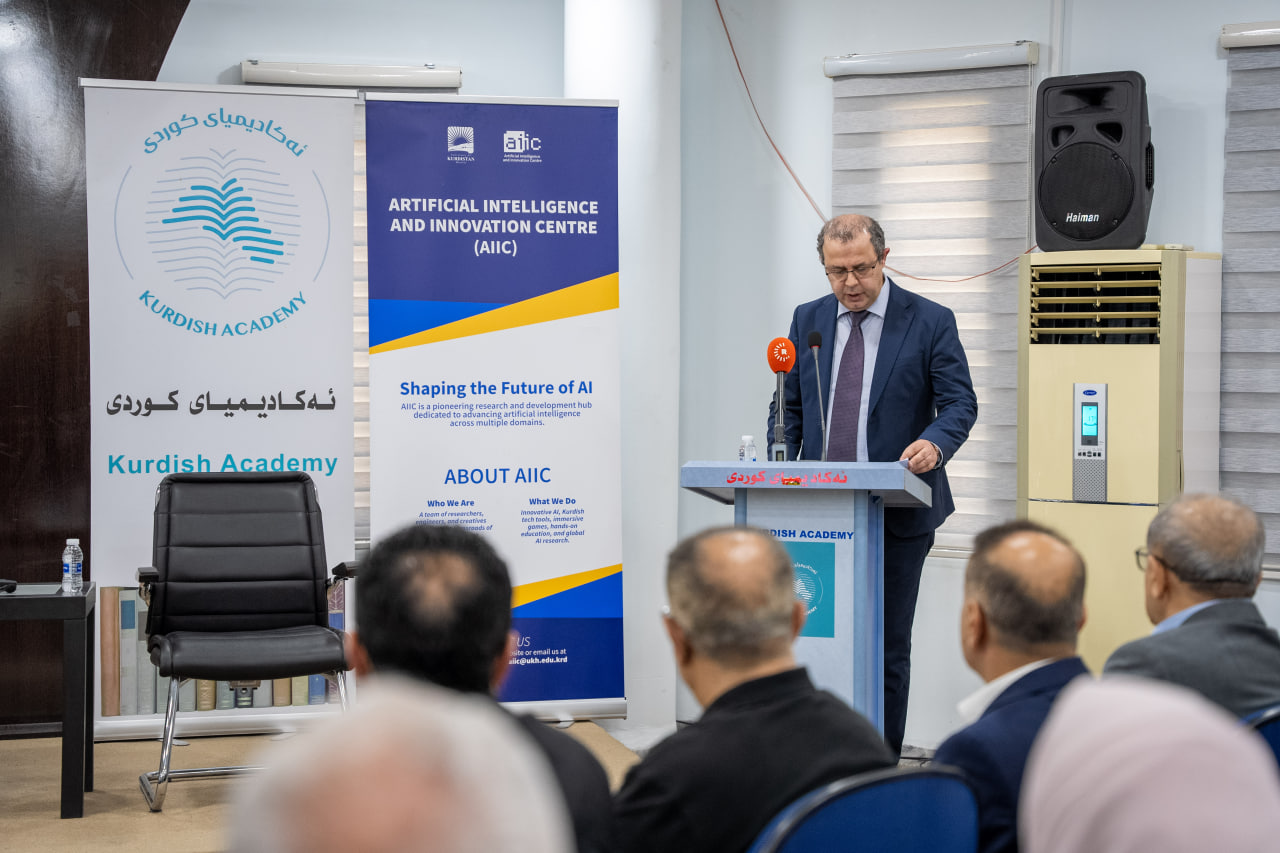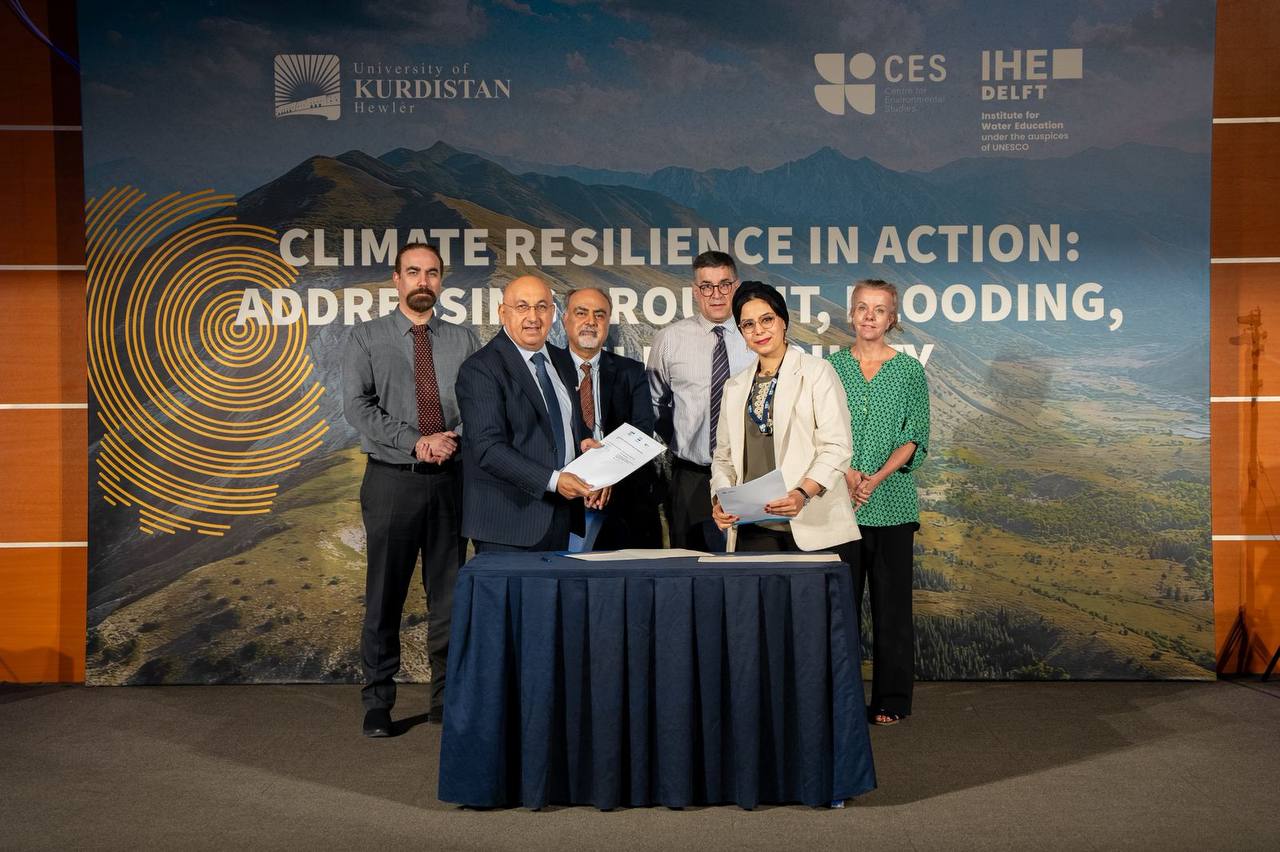Living and working here, I can see that Kurdistan often looks like a man’s world but universities and political leaders are seeking to lift the visibility of women in every sphere of life.
Women are second class citizens globally and that is particularly the case in the wider Middle East for long-run cultural reasons. However, there has been progress even in countries once renowned for harsh policies that treated women as adjuncts of men.
Saudi Arabia, for instance, has lifted the obligation for women to veil themselves and they can go out on their own without a male chaperone and can drive cars.
There are no formal restrictions on women in Kurdistan. Many have played leading roles in public life, the Peshmerga, and civil society. There are more women in parliament than most others and the Speaker is a woman.
One of the best known and respected public faces of Kurdistan is Bayan Sami Abdul Rahman. She used to be the KRG High Representative in London where I met her many years ago after being the UK Minister for the Middle East.
She now flies the flag for Kurdistan in Washington DC. Her missions have been and remain high profile. She has been instrumental in building support for Kurdistan and her missions easily compete for attention with many stronger and bigger countries.
So when I found out she was in town, it was a pleasure to ask her to deliver a public lecture at the university on her work. A record crowd of students, friends, and leaders came to see the talk. She didn’t disappoint with a speech that detailed her work and inspired us all.
UKH also united with universities in Salahaddin, Slemani, and Duhok to run a conference on women’s equality and empowerment strategies. The platform was graced by heavyweight Kurdistani and international figures including President Nechirvan Barzani, Speaker Dr Rewaz Faiq, Deputy Prime Minister Qubad Talabani, Jeanine Hennis-Plasschaert, Special Representative for the UN Assistance Mission for Iraq, Mark Bryson-Richardson UK Ambassador to Iraq, and Yanna Hormova, Secretary General for demography and family policy and gender equality
I opened the conference by referring to the record of the British parliament of which I was a member for 13 years. Between 1918 and 2021, only 556 women were elected as Members of the House of Commons in the UK, which is composed of 650 MPs in each term. As of July 2021
there are 222 women in the Commons, a new all-time high at 34%. We have also had two female Prime Ministers but most have been men.
I know that there has been considerable progress to gender equality in the Kurdistan Region. Some years back, the KRG leadership was shocked to discover the hidden scale of female genital mutilation and the then Prime Minister, now President Nechirvan Barzani took legislative, cultural, and political action to reduce this abhorrent practice by working with other parties and
religious leaders.
Dozens of laws, rules and regulations have been changed, amended and rectified to eradicate gender based violence in the Kurdistan Region. There have been concerted efforts to improve the ability of the police to tackle so-called honour killings.
I also praised women’s activists, who set up radio stations to reach women and advise them. The KRG has powerful advocates for women’s rights in the High Council for Women’s Affairs, whose past and present leaders were on our platform
The message from our milestone conference is very simple. The lawyer Michelle Obama put it most clearly: “No country can ever truly flourish if it stifles the potential of its women and deprives itself of the contributions of half its citizens.”
That’s not merely a matter of fairness, equality, and justice but essential for the common wealth of the country. Oil and gas may be ancient but have only been fully developed in the last 15 years and have made a great difference to living standards and infrastructure.
But they won’t last forever and as the world struggles to decarbonise there may be less demand. Kurdistan would be wise to start conceiving of an economy that doesn’t rely on volatile products so heavily. And nor can it wisely rely on state employment.
The solution advocated by the President and the Prime Minister is to diversify the economy and
use other more sustainable natural resources – agriculture, the beauty and solitude of the country for tourism, and the resources in the minds of the Kurdish people.
That in turn requires an armada of small private businesses and that should include women. And not only in traditional roles.
UKH already plays a significant role in maximising the talent and capacity for the constant change needed here by producing a new generation of leaders. Already almost half our students are women, and we are bolstering that by introducing new scholarships for the best female students.
Such events allow Kurdistan to lead the way in the Middle East as it has done with its religious tolerance and pluralism and its determination to pioneer a more democratic, economically varied
future, for its people and especially for its young women and men, boys and girls.
Self-determination is at the core of this country and so it should be for all its citizens. That is why it is essential to continue down the road of liberation that people fought for in 1991. Equality for women, and men and women working together, can build on the decision to throw off the shackles of Baathism, inequality, discrimination, and genocide.
Bill Rammell
UKH President



